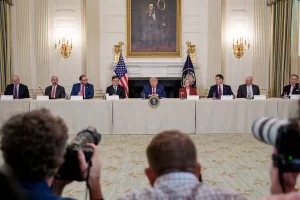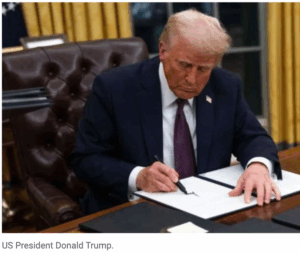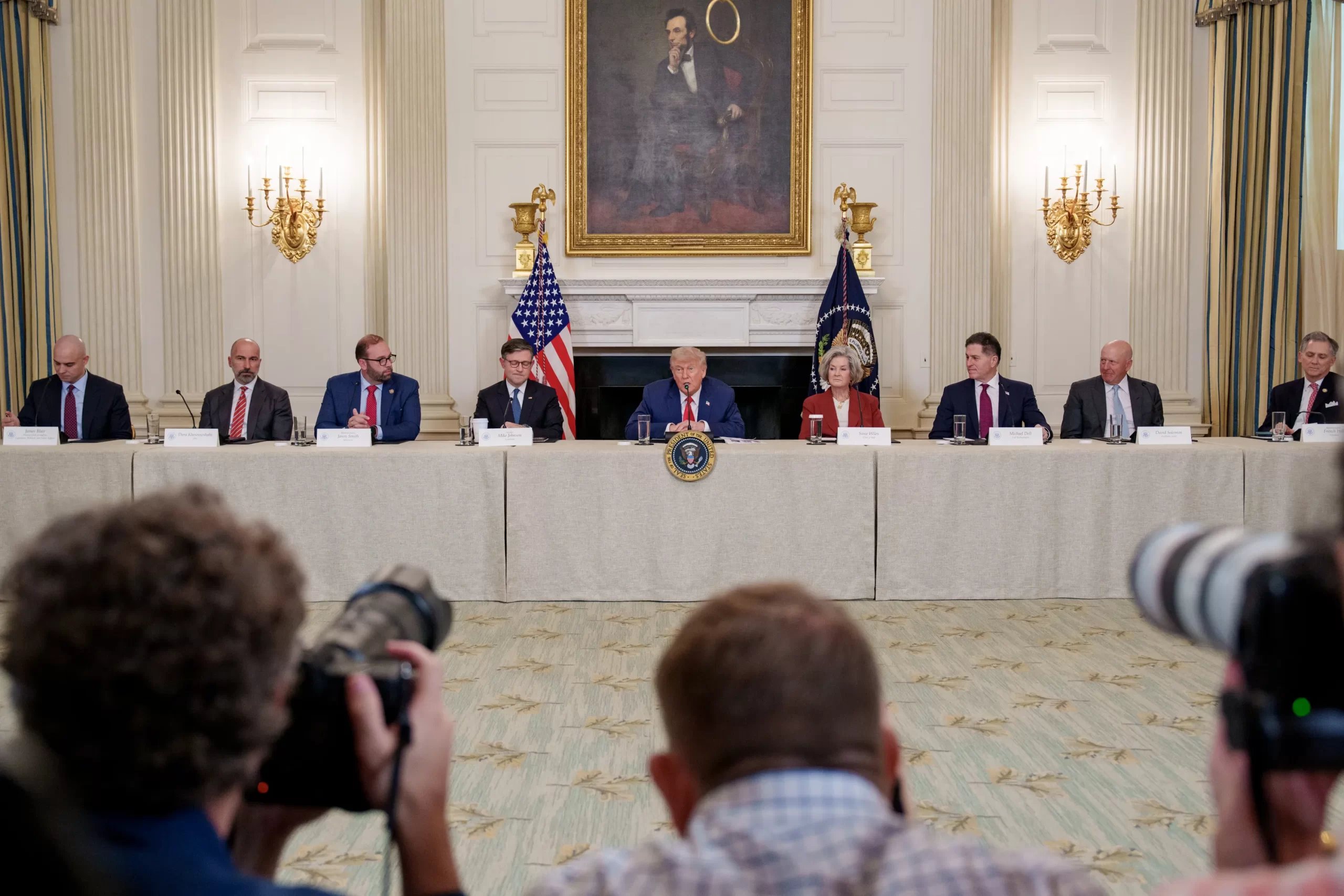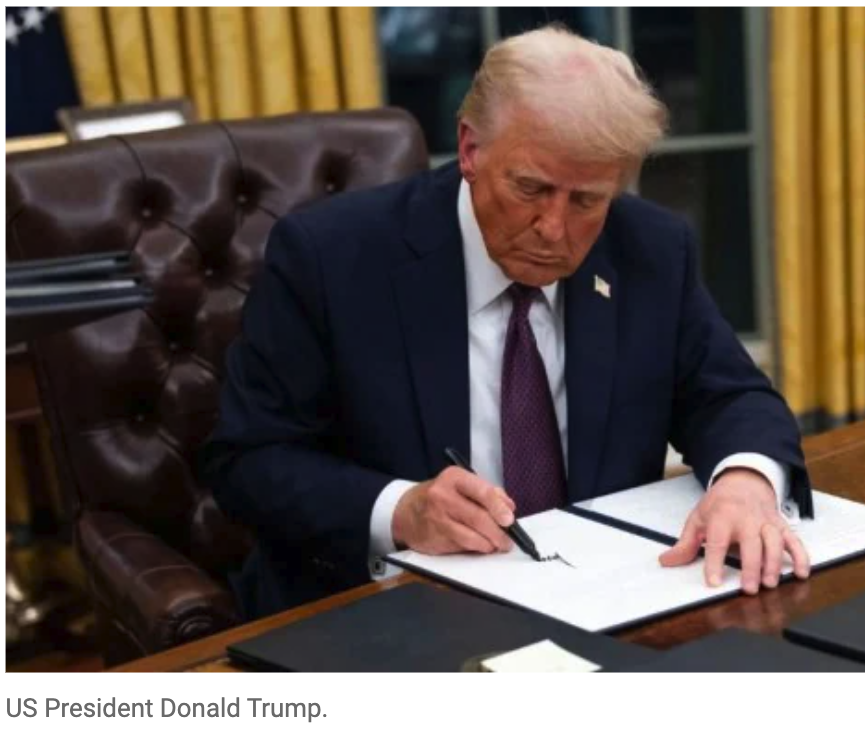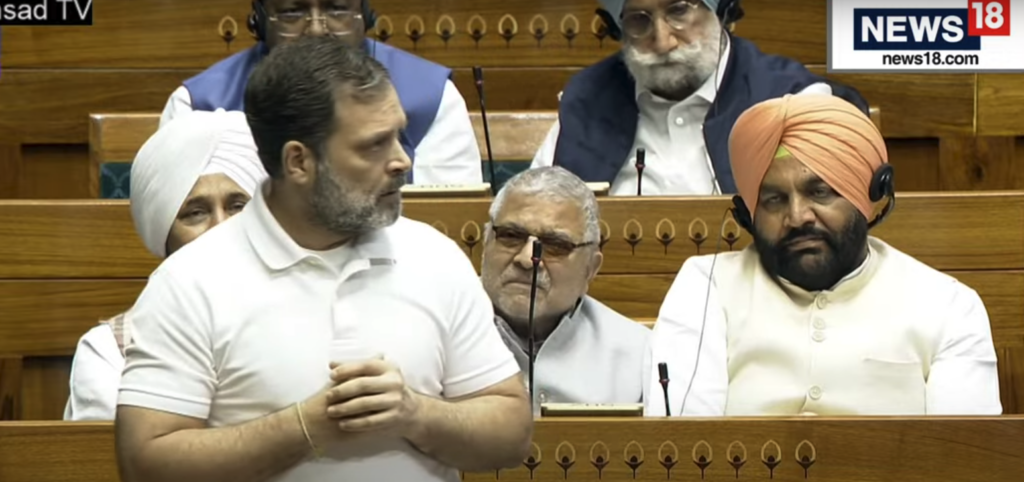Rahul Gandhi, Leader of Opposition and Congress MP, criticized the Narendra Modi government during the Lok Sabha debate on the Motion of Thanks to the President’s address. He stated that the ‘Make in India’ initiative had not achieved its intended goals, leading to a decline in India’s manufacturing sector. According to him, the sector’s contribution to GDP has dropped from 15.3% in 2014 to 12.6% at present, marking the lowest share in six decades. He acknowledged that the Prime Minister had attempted to boost manufacturing but argued that the initiative had ultimately failed.
Gandhi highlighted the broader issue of India’s inability to establish a strong manufacturing base, emphasizing that organizing production is a key function of a country. He asserted that while India has competent companies, the country has effectively outsourced production to China. He pointed out that even products claimed to be made in India, such as mobile phones, are primarily assembled domestically while their components are sourced from China. He argued that this dependency results in economic disadvantages for India.
Addressing national security concerns, Gandhi alleged that Chinese forces have occupied Indian territory. He referred to a statement by the Chief of Army Staff and asserted that approximately 4,000 square kilometers of Indian land were under Chinese control. He linked this situation to economic factors, stating that the failure of domestic production had weakened India’s position. He also expressed concern over the defense sector’s dependence on Chinese imports, warning that in the event of conflict, India would be relying on Chinese-made components, including electric motors, batteries, and optics. The Speaker of the Lok Sabha, Om Birla, asked Gandhi to present evidence for his territorial claims.
On artificial intelligence, Gandhi underscored the importance of data, stating that AI cannot function effectively without access to large datasets. He noted that China dominates global production data while the United States controls consumption data, positioning them ahead in AI development. He claimed that China has been advancing in fields such as batteries, robotics, motors, and optics for the past decade, placing India at a significant disadvantage.
Gandhi also discussed economic policies, emphasizing the need for an open and dynamic banking system. He criticized the concentration of economic power within a few corporations, arguing that such a structure inhibits the growth of a robust production system. He advocated for a banking system that facilitates access to capital for small and medium-sized businesses, enabling broader participation in economic development.



